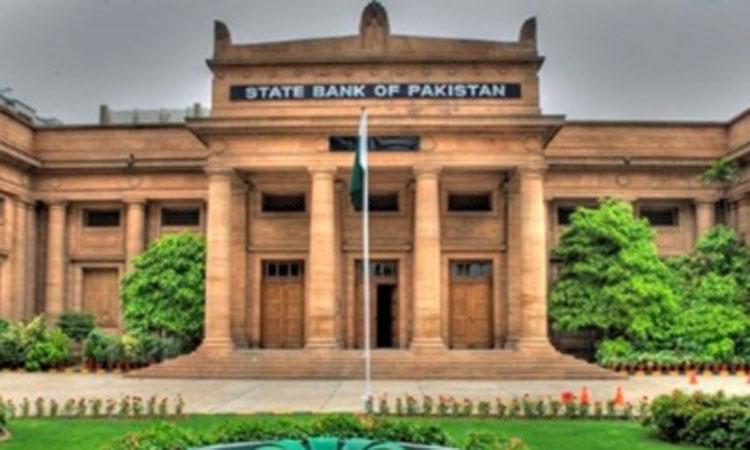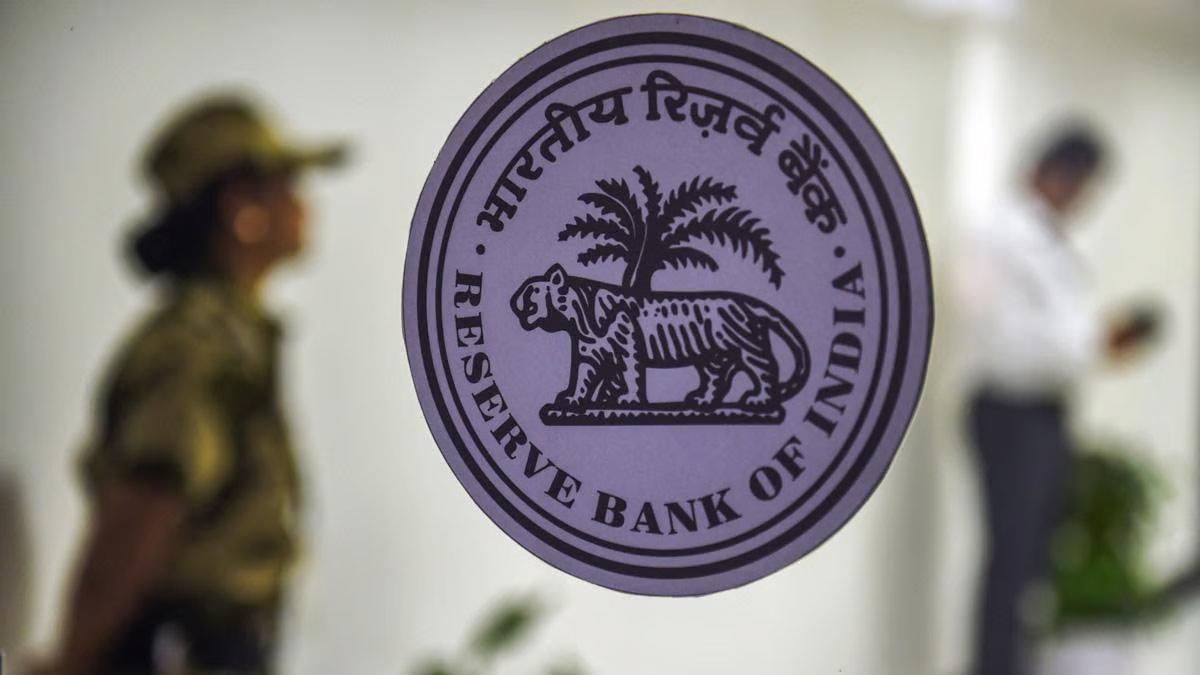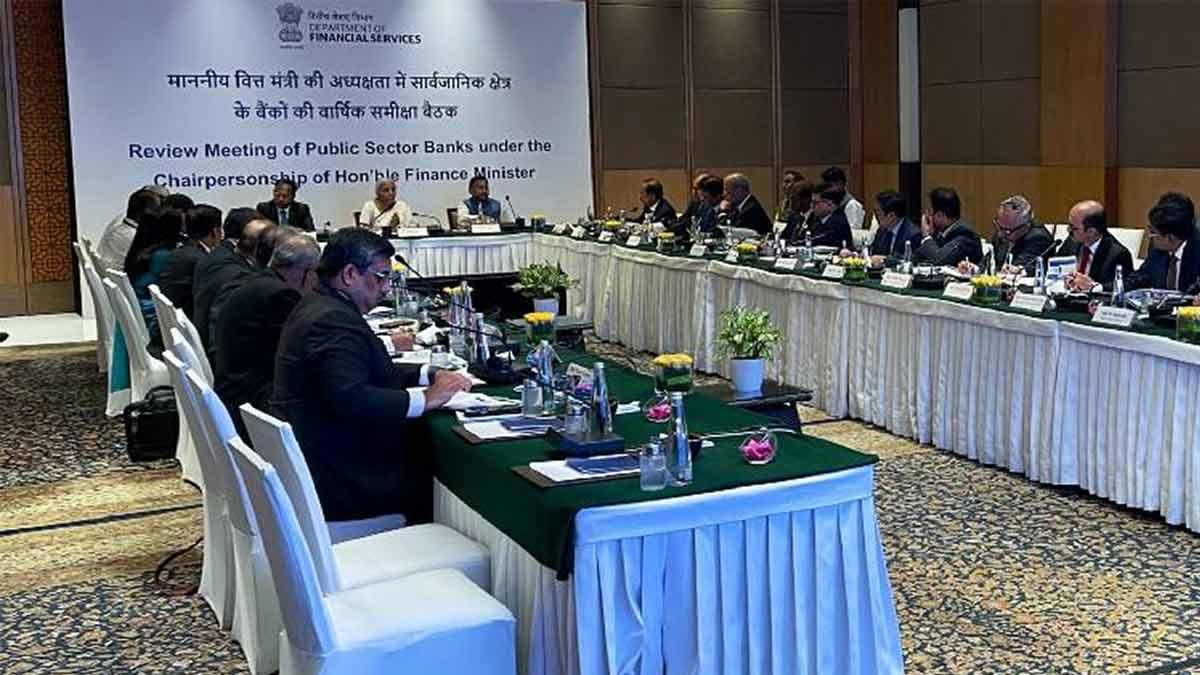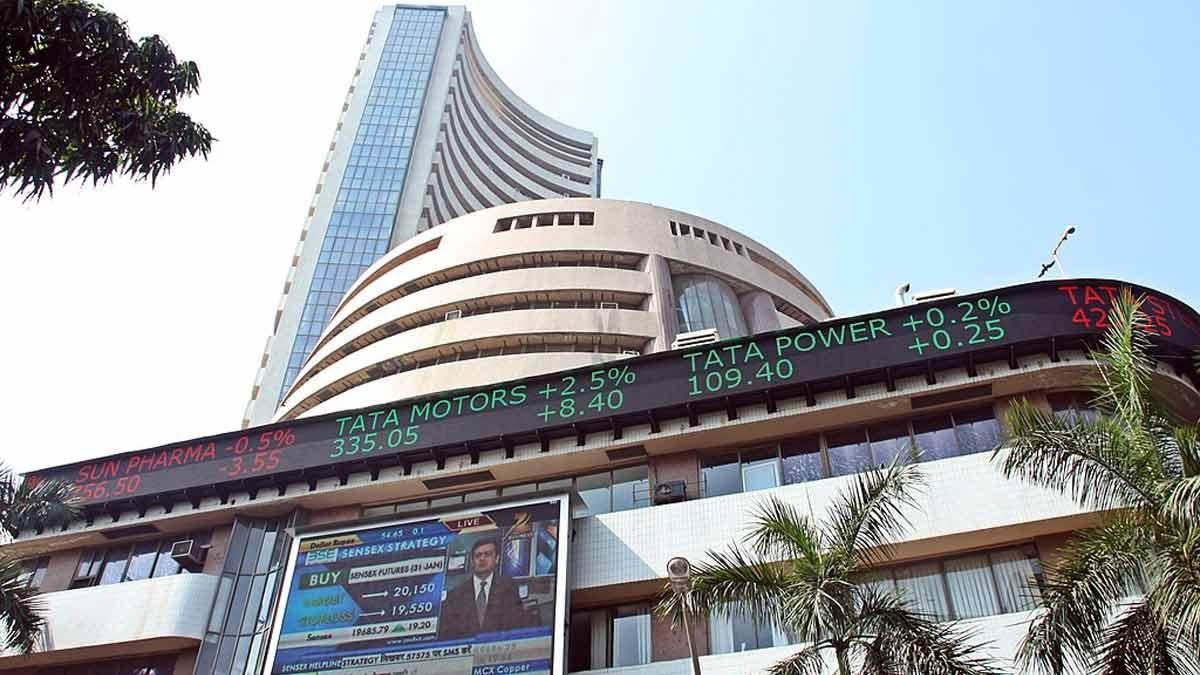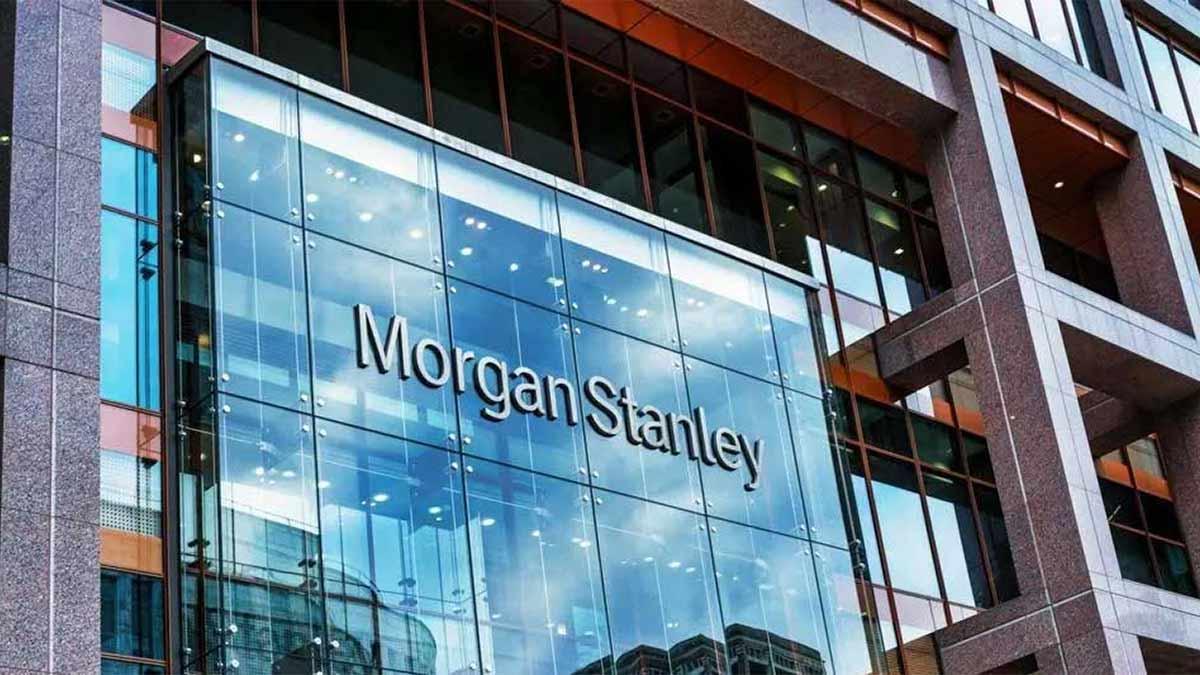After Pakistan celebrated the revival of the International Monetary Fund (IMF) bailout programme, the pending tranche of $1.16 billion was released and received by the State Bank of Pakistan (SBP) bringing the much needed stability to the country's financial market, which has been reeling with uncertainty, leaving the local currency on a free fall against the US dollar.
According to the details of the estimates done by the IMF for Pakistan, the country's "economy will grow to around 3.5 per cent but the average inflation rate is estimated at about 19.9 per cent", in projections that were made before the floods destroyed at least one-third of the country and impacted massively on economic standing.
The IMF has also approved an increase of the loan size from $6 billion to $6.5 billion and extended the expiry of date till June 2023.
The initial tenure of the IMF bailout package was to end in September 2022. However, with more than half of the amount undisbursed, mainly due to the failure of the former government of Imran Khan in fulfilling the commitments it had made at the time of the deal with the IMF.
The current Shehbaz Sharif government was forced to take unpopular and difficult decisions to save the country from plunging into a complete economic meltdown. It was this reason why the government, on demand of the IMF, took major decision of raising petroleum, electricity and gas prices and imposed major price hikes, pushing the country into serious and severe inflation.
The decisions, as per Finance Minister Miftah Ismail, were taken out of compulsion as non-compliance of the IMF pre-conditions would result in turning Pakistan into another Sri Lanka as the country was eminently moving towards bankruptcy.
Also Read | IMF strikes $2.9bn deal with Sri Lanka to recover from financial crisis
However, now that the IMF bailout package is revived and re-activated with the combined tranche of $1.16 billion of the seventh and eight review under the Extended Fund Facility (EFF) for Pakistan, the financial market in Pakistan is responding positively to the development as Pakistani rupee has started to appreciate in value against the USD.
"This will help improve SBPs foreign exchange reserves and will also facilitate realization of other planned inflows from multilateral and bilateral sources," the central bank said.
"Efforts to strengthen the viability of the energy sector and reduce unsustainable losses, including by adhering to the scheduled increase in fuel levies and energy tariffs, are also essential," said IMF Deputy Director Antoinetter Sayeh.
The IMF has also emphasized that Pakistan needs to keep following the policy of high interest rates and market-determined exchange rate.

